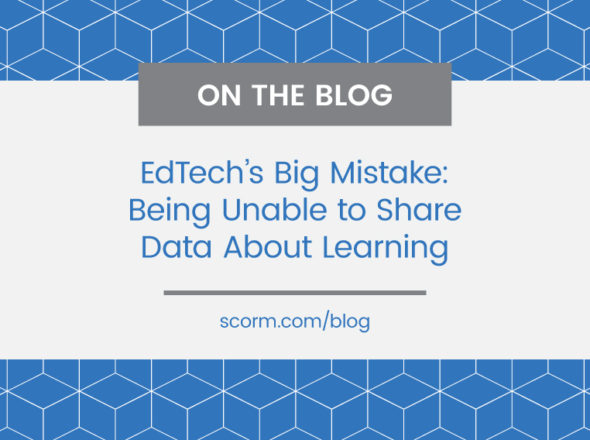How cool would it be if we could look inside our brains and see what we’re learning and how we’re learning it?
But we can’t do it. We can’t manage learning. So what the heck are we doing with ourselves? Why are we building learning management systems and specifications that help them work better?
It comes down to this: learning is so important that we have to try. We have to do everything in our power to put our students, kids, learners, employees, and volunteers in the environment that gives them the best chance to succeed.
Success, in all its varied definitions, is a goal that we can all get behind.
Try this exercise:
If you had to guess whether or not someone was going to succeed in the task they are about to attempt, if your life depended on it, what would you want to know more than anything else?
The task could be anything.
- Will Michael Jordan make the game winning shot?
- Will Sally make her sales quota?
- Will Chuck crash his forklift into the wall?
What would you want to know?
I’d want to know that Michael’s made that shot time and time again. I’d also like to know just how many times he’s practiced that shot in that situation.
I’d want to know if Sally has ever had a sales quota before. I’d want to know how many books she’s read about sales techniques. I’d want to know how much research Sally has done to learn about the product she’s going to sell.
I’d want to know if Chuck has crashed his forklift before. I’d want to know if he’s crashed his car. I’d want to know if he’s completed the required forklift driving training course. I’d want to know if Chuck has ever has a conversation with a mentor, perhaps one who’s had a forklift accident before.
I’d want to have a deep understand of their respective experience.
Is there any better predictor of future success than prior experience? We may never be able to look inside our brains and see what we’re learning, but if we can increase our understanding of experiences and their connection to success, then we’ll have accomplished something. If we can collectively build “success management systems”, I think we’ll really have accomplished something.


